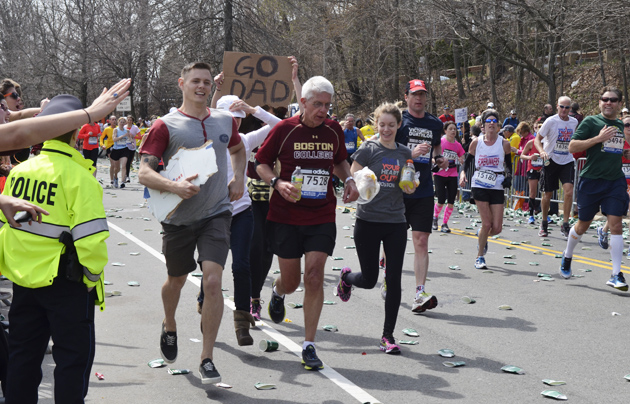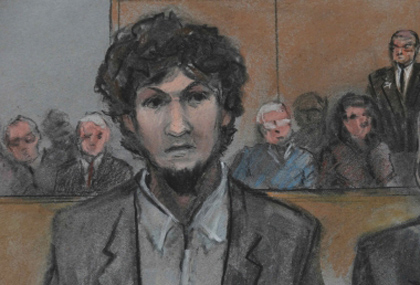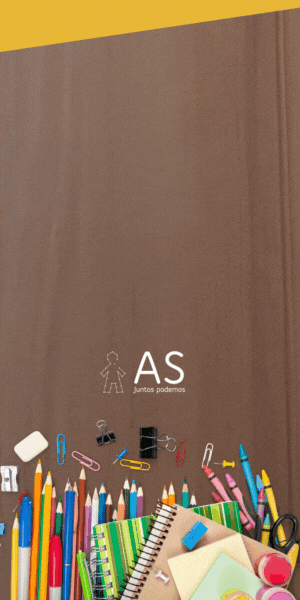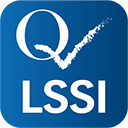Boston Marathon bomber, sentenced to death
The vast majority of Massachussets citizens oppose the death penalty. Appeals could last for more than a decade and finally end in a life sentence.
BRUSSELS · 17 MAY 2015 · 15:47 CET

A US federal jury of 12 people unanimously sentenced to death Dzhokhar Tzsarnaev, the youngest brother of the two Boston Marathon bombers, last Friday in Boston. They found him guilty for placing one of the two bombs, the one that killed the 8-year-old boy Richard Martin and the 23-year-old Chinese exchange student Lingzi Lu.
The jury chose life sentences for the second bomb, that killed 29-year-old Krystle Campbell, and for the death of MIT police officer Sean Collier, 4 days after the bombings, as they considered the second bomb was placed by his brother Tamerlan who was killed by the police in the manhunt that followed the Marathon bombings. Tamerlan was also believed to be the one who killed the police officer.
OPPOSITION TO DEATH PENALTY
The jury deliberated for 14 hours and a half and finally decided death penalty by lethal injection rather than the option of life imprisonment without possibility of release.
Death penalty has been very controversial in Massachussets, since there has not been a death sentence in almost 70 years. Tsarnaev was sentenced through federal law, which would allow the penalty by lethal injection.
The vast majority of Massachussets citizens oppose death penalty. Even some of the victims opposed the penalty, like Richard Martin’s parents, who said it would only carry more appeals and a prolongation of the trial while keeping the defendant in the spotlight. The appeals could actually last more than a decade.
Only 3 out of 74 sentenced to death for federal crimes have been execute and other people convicted for attacks labeled as terrorists, like 9/11 conspirator Zacarias Moussaouiand, have carried out a life prison sentence.
TZSARNAEV, “INFLUENCED BY HIS RADICAL BROTHER”
The defense presented Tsarnaev, from Chechen origin, as deeply influenced by his older brother who had turned to radical Islam. Dzhokhar arrived in US when he was 8 years-old. His parents had gone back to Russia in 2012, a year before the bombings.

Boston police Commissioner said: “I think we sent a strong message that we are not going to tolerate terrorism”, although there are no links of the two brothers with Al Qaeda movements, as they carried on the bombings by their own initiative.
The defense had asked that the trial would be moved away from the Boston area, but the Court denied it. The Court also refused to challenge the graphic photos that the jury saw. These two refusals could be some of the appeal issues.
TWO YEARS AFTER THE BOMBINGS
The Boston Marathon attacks happened on Monday, the 15th April 2013, where two homemade bombs were placed at the finish line of the race and exploded killing 3 people and wounding 264. Several of the victims lost their limbs.
Some days later, on Thursday evening, as the inquiry went on and the suspects were identified, the two Tsarnaev brothers ran away by trying to steal a car and killing a MIT police officer. Tamerlan was killed in an exchange of gunfire with the police, but the younger brother escaped, which lead to an unprecedented manhunt during Friday the 19th. Boston authorities ordered citizens to stay indoors and deployed thousands of law enforcements to search the area. Late in the evening they finally arrested Dzhokhar.
Published in: Evangelical Focus - world - Boston Marathon bomber, sentenced to death












